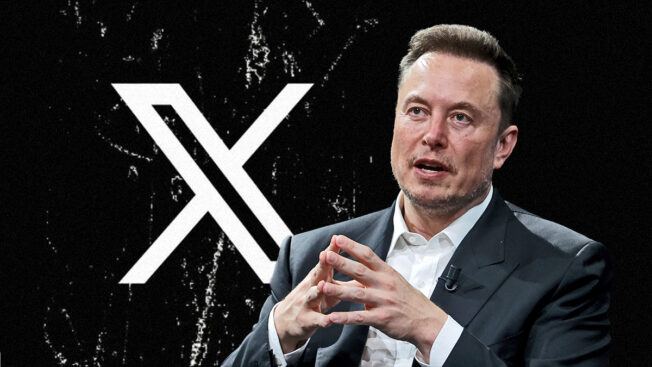Elon Musk has officially launched XChat, a new messaging feature within his social media platform X (formerly Twitter). Positioned as a direct rival to popular apps like WhatsApp and Signal, XChat introduces several innovative features aimed at transforming private communication.

One of the biggest highlights of XChat is that it allows messaging, audio calls, and video calls without requiring a phone number. This sets it apart from WhatsApp, which mandates phone verification. Musk claims that the app uses “Bitcoin-style encryption”, built on the Rust programming language, to protect conversations.
Key Features of XChat:
- Encrypted Chats: Musk says chats are secure, though experts question whether it’s true end-to-end encryption.
- No Phone Number Required: A huge privacy advantage over WhatsApp and Telegram.
- Vanishing Messages: Like Signal, XChat supports disappearing chats for added privacy.
- File Sharing of Any Type: From documents to videos, users can send unrestricted files.
- Audio & Video Calls: High-quality calls without needing a mobile number.
Can XChat Replace WhatsApp?
While XChat brings a fresh approach to secure communication, questions remain about its security transparency. Experts note that Musk’s description of “Bitcoin-style encryption” is vague and not the same as proven end-to-end encryption (E2EE) used by WhatsApp and Signal.
However, its no-phone-number requirement, integration with X, and multi-format file support could attract millions of users, especially those concerned with privacy. If encryption is fully verified and rolled out globally, XChat could emerge as a strong competitor to WhatsApp in 2025.
For now, XChat is being rolled out in beta, with priority access for paid subscribers. Musk’s vision of turning X into an “everything app” suggests XChat is just the beginning of a larger digital ecosystem.
